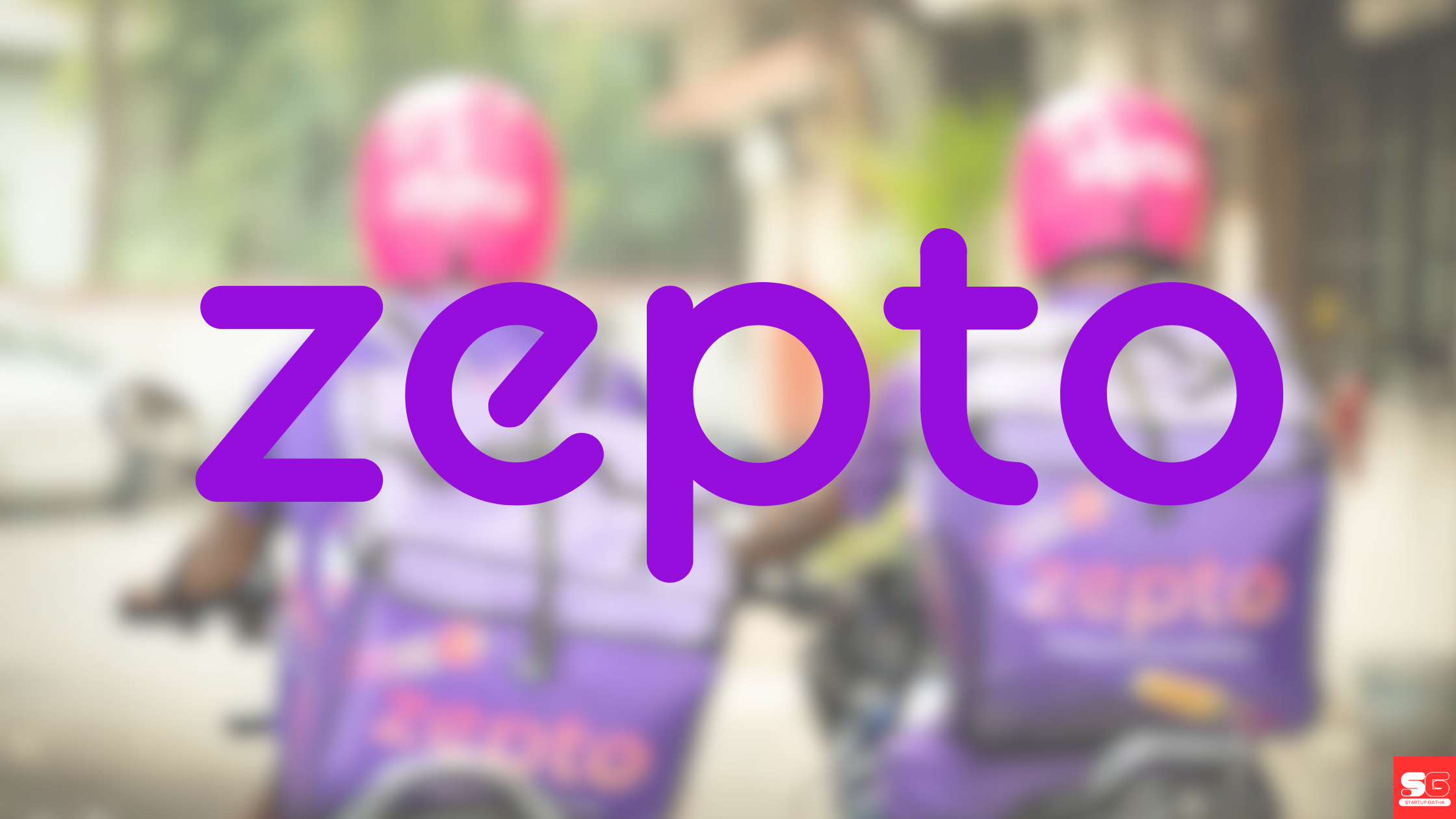1. What is ESOP?
ESOP stands for Employee Stock Option Plan. It’s a program where a company offers employees the right to buy its shares at a fixed price (known as the exercise price) in the future. This gives employees a chance to benefit financially if the company grows in value.
2. Why Do Startups Offer ESOPs?
Startups offer ESOPs to attract and retain talented employees. Since startups often don’t have large budgets for high salaries, ESOPs provide employees with a way to share in the company’s future success.
Benefits for Startups:
- Talent Acquisition: Attracts skilled employees with the promise of ownership in the company.
- Employee Retention: Encourages employees to stay longer as they benefit only after a certain time.
- Increased Motivation: Employees work harder because their financial rewards depend on the company’s success.
3. How Do ESOPs Work?
ESOPs don’t give you shares immediately. Instead, they give you the option to buy shares in the future at a pre-set price (exercise price). If the company’s market value increases, you can profit by selling the shares at a higher price.
4. What Are the Key Terms Related to ESOPs?
- Grant Date: The date on which the company offers you the ESOPs. It marks the start of your vesting period.
- Vesting Period: The time you need to stay with the company to fully own the ESOPs. Companies typically use a phased vesting schedule:
- Example: If you are granted 100 ESOPs with a 4-year vesting period, you might receive 25 shares each year.
- Cliff Period: The initial waiting period (often 1 year) before you start earning any ESOPs. If you leave during the cliff period, you forfeit all ESOPs.
- Exercise Price: The fixed price at which you can buy the shares. It is usually lower than the company’s market value.
- Fair Market Value (FMV): The current value of the company’s shares in the market. Your potential profit depends on the difference between the FMV and the exercise price.
- Exercise Period: The time frame within which you must buy the vested shares. If you don’t act within this period, you lose the option to buy the shares.
- Subscribed Shares: Once you exercise your ESOPs and buy the shares, they are considered subscribed and officially belong to you.
- Liquidation Event: A significant event like an IPO (Initial Public Offering) or acquisition, where you can sell your shares and convert them into cash.
5. When Can You Get Cash for ESOPs?
ESOPs don’t provide instant cash. You can monetize them in the following ways:
- IPO (Initial Public Offering): When the company goes public, you can sell your shares on the stock market.
- Acquisition: If the company is acquired, you may receive cash or shares from the acquiring company.
- Buyback: Some companies offer buyback programs where they purchase your shares at the current market value.
6. What Are the Benefits of ESOPs for Employees?
- Ownership: ESOPs make employees feel like co-owners of the company.
- Wealth Creation: If the company grows significantly, employees can earn substantial profits.
- Incentive to Stay: Employees are motivated to stay longer to fully benefit from the vesting schedule.
7. What Happens to ESOPs If You Leave the Company?
- Before the Vesting Period Ends: You lose all unvested ESOPs. For example, if your vesting period is 4 years and you leave after 2 years, you only keep the ESOPs vested in those 2 years.
- After the Vesting Period Ends:
- Any vested ESOPs remain yours.
- You’ll need to exercise (buy) them within the exercise period to retain ownership.
- If you don’t exercise within the time frame, you lose them.
8. What Is the Difference Between ESOP and Equity?
| Feature | ESOP | Equity |
|---|---|---|
| Ownership | You don’t own shares immediately. | You own shares from day one. |
| Vesting Period | Requires a vesting period. | No vesting period. |
| Payment | You need to pay the exercise price. | No payment required; shares are assigned. |
| Control | Ownership begins after shares are vested. | Full control as a shareholder. |
9. Are ESOPs Taxable?
Yes, ESOPs can have tax implications:
- At Exercise: When you buy the shares, the difference between the exercise price and FMV may be taxed as per your country’s rules.
- At Sale: When you sell the shares, any profit is taxed as capital gains.
10. What Should You Check Before Accepting ESOPs?
- Vesting period and schedule.
- Exercise price compared to the company’s current valuation.
- Exit options: When and how you can sell the shares.
- Tax implications.
11. Why Are ESOPs Popular in Startups?
Startups use ESOPs as a way to:
- Save Cash: Avoid paying high salaries upfront.
- Motivate Employees: Employees directly benefit from the company’s success.
- Attract Talent: ESOPs appeal to individuals who want to be part of a startup’s growth journey.
Conclusion
ESOPs are a win-win for companies and employees, offering employees a stake in the company’s growth while helping companies attract and retain talent. However, it’s important to understand all the terms, conditions, and tax implications before accepting an ESOP offer. With patience and a little luck, ESOPs can turn into a significant financial reward!





